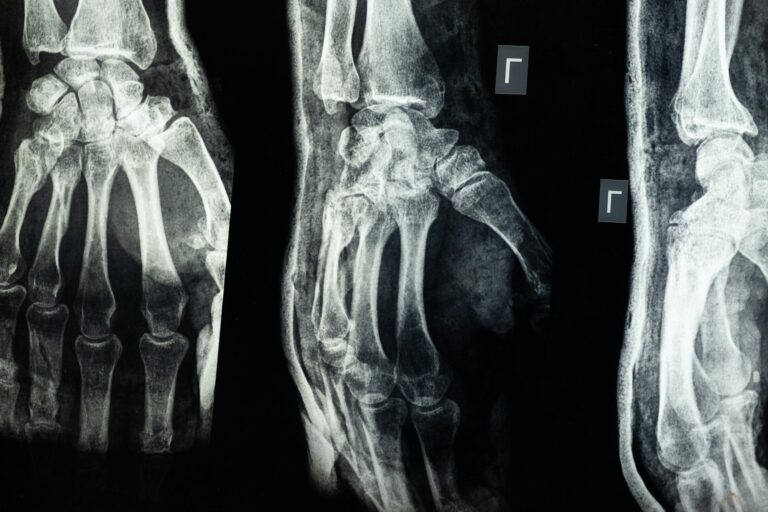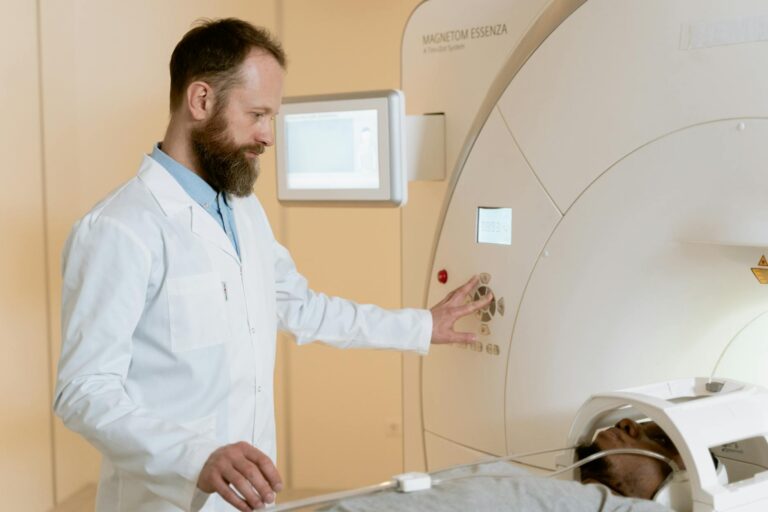When a family member is diagnosed with dementia, it can have a profound impact on family dynamics. Dementia is a condition that affects not just the person diagnosed, but also their loved ones, causing significant emotional, financial, and physical changes.
### Emotional Impact
Watching a loved one struggle with dementia can be emotionally draining. Caregivers often experience feelings of sadness, frustration, and helplessness as they witness the gradual loss of the person they once knew. This sense of loss can lead to feelings of guilt and isolation, making it difficult for caregivers to seek support.
Dementia can also lead to behavioral changes in the person affected, such as aggression or inappropriate behavior, which can be challenging for family members to manage. These changes can create tension and stress within the family, affecting relationships between spouses, children, and other relatives.
### Financial Strain
Caring for someone with dementia often requires a significant financial investment. Many caregivers have to reduce their work hours or quit their jobs to provide full-time care, leading to financial insecurity. The costs of caregiving, including medical expenses and specialized care services, can be substantial and may not be fully covered by health insurance.
### Changes in Family Roles
When a family member is diagnosed with dementia, roles within the family often change dramatically. Adult children may become caregivers for their parents, while spouses may take on additional responsibilities such as managing finances and daily tasks. This shift can be overwhelming, especially if the caregiver must balance these new responsibilities with their own work and family obligations.
### Impact on Children
Children in families affected by dementia may experience a range of emotions, including anger, resentment, and confusion. They may struggle to understand the changes in their parent or grandparent and may feel like an extra burden. It’s important for families to provide children with support and resources to help them cope with these changes.
### Building New Dreams
When a family member is diagnosed with dementia, it’s essential to adapt to the new reality and build new dreams based on what is possible. This can involve focusing on the present and finding ways to maintain meaningful relationships despite the challenges posed by dementia. Seeking support from healthcare professionals, support groups, and counseling can help families navigate these changes and find a new sense of normalcy.
In conclusion, a dementia diagnosis can profoundly affect family dynamics, requiring adjustments in emotional support, financial planning, and role responsibilities. By understanding these impacts and seeking appropriate support, families can better cope with the challenges of dementia and maintain strong, loving relationships.





